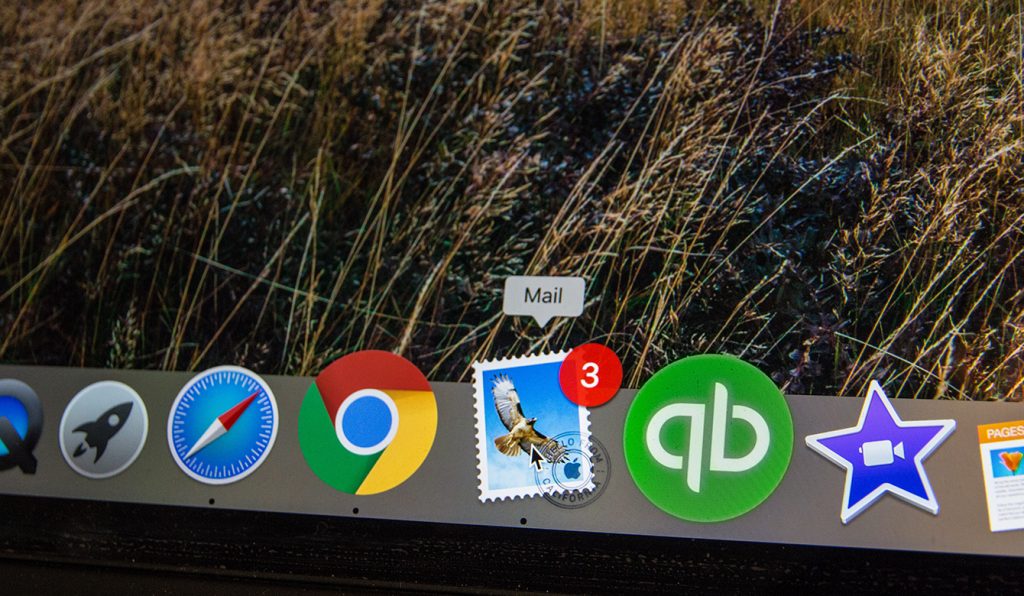The very first step to establishing any kind of an online presence for your business is, of course, to choose your web address. This is also known as a domain name. Domain name registration should be done carefully, since there are various important elements of Internet marketing which should be taken into account at this point. This article provides useful tips for beginners to registering a domain name. Consider the following tips.
1. Shorter is Better
While your domain name should, ideally, either be your name or company name or otherwise provide some indication as to the type of content of the site, you should always aim to keep it short. There’s no hard and fast rule with regards to the length of the domain name, although most registrars place a limit which is less than the global maximum of 63 characters. Keep it short, simple and easy to spell so that your visitors will be more likely to remember the address.
2. Choosing the Top-Level Domain (TLD)
The top-level domain is the final part of the web address. The most common is “.com,” although almost every country and territory in the world has its own TLD and there are many others which are open to registration for anyone. Most business and money-making websites should stick to the .com suffix. You should use the TLD for your country if the content of your site is only relevant to others in your country, or your business is a local one.
3. Do Not Use Trademarked Names
Some newbies to the world of online business and marketing are tempted to register a domain name which contains the name or variation of the name of a well-known business, brand or product. You should never use trademarked names, not only because it’s unethical; it can also get you into serious trouble. This is a dishonest and illegal way of drawing more attention to your website and this process, often known as “cybersquatting”, could end you up in a legal battle.
4. Protect Your Business by Registering Multiple Domains
Any serious web-based business should consider registering multiple domains. This helps to protect your brand name and prevent other business from taking a web address similar to your own. It’s also a good idea to register a version of your domain name under different extensions, such as a .net version of your site. Many companies also register domain names with deliberate spelling errors. When a visitor makes a common spelling mistake when typing your web address, they’ll still be redirected to your main site instead. For example, when people enter “gooogle.com,” they still end up at “google.com.”
5. Use Letters, Numbers and Dashes
In general, domain names can only contain standard Latin letters, numbers and dashes. No domain names can contain spaces and, for the most part, they cannot contain any symbols either. Although multilingual domain names are now available for countries to localise web addresses in their own languages, these are still not particularly common since most web users are used to the old standards and restrictions. Also, be aware that domain names are not case sensitive.
Follow these simple guidelines and you will be well on the way to establishing a successful online presence with a memorable and effective domain name.
To find out more about domain name registration and the various web hosting services offered by Digital Pacific, visit our website or give our friendly team a call on 1300 MY HOST.







